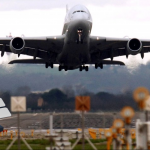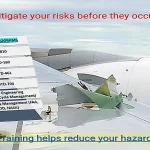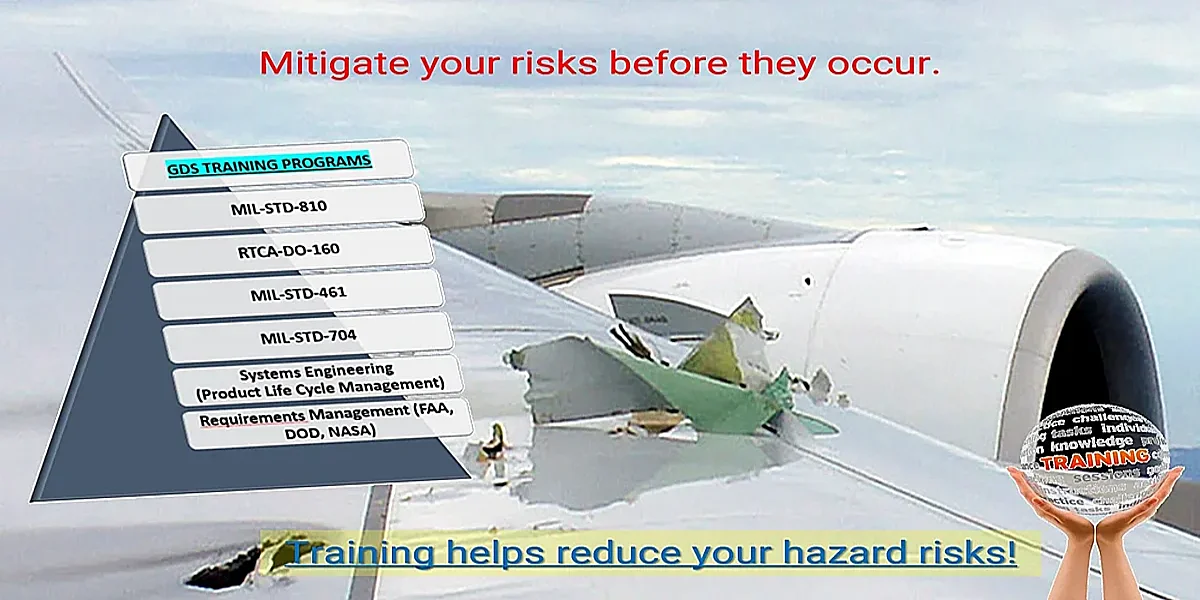January 29 @ 8:30 am – January 31 @ 12:30 pm
MIL-STD-810H, US Department Of Defence Test Method Standard Environmental Engineering Considerations and Laboratory Tests
GDS Engineering R&D, Inc. provides online international training on MIL-STD-810H Environmental qualification testing of military equipment. Training focuses on the standard with tailoring examples. This training is essential for testing and certifying your military equipment and products following MIL-STD-810H, platform test requirements, and other applicable standards and specifications. Tailoring is generally emphasized with examples in the presentation of test methods. Tailoring includes changing the test requirements based on CONOPS, LCEP, and Mission Criticality of the Item and using similar operational requirements.
Highlights of the Training
- Training Type: International / Online
- Satus: Seats are avaiable.
- Online training using ZOOM.
- Led by a live, US-based instructor (Dr Ismail Cicek) (PDF) (Download PDF)
- A usual 2.5 days of training schedule is as follows:
- Day 1: 08:30 – 11:30 | 12:30 – 16:30
- Day 2: 08:30 – 11:30 | 12:30 – 16:30
- Day 3: 08:30 – 12:00
- Time zone: Central European Time (CET) (UTC+1)
- Ending time may vary +/-30 minutes depending on the length of the discussions.
- Course Material: English (US), including presentations and additional reference material.
- Communications Language: English (US)
- Material: Registration includes all presentations and additional material (English) shared before the class.
- Attandance: The link for online class is distributed to registered trainees upon registration.
- Trainees will receive a Training Certificate.
- Training includes knowledge check quizzes, a competition-type fun way of learning.
Training Scope
- A good understanding of product testing in view of MIL-STD-810G/H and other relevant military standards.
- Overview of Systems Engineering, V&V, and Concepts of Operations (CONOPS) document.
- Establishment of Test Requirements and Test Plans.
- Test Procedures, Scheduling, Implementation, and Test Reports.
- Per MIL-STD-810, tests are covered in detail, including altitude, temperature, humidity, shock, vibration, acceleration, salt fog, explosive atmosphere, and all other test methods.
- Test methods are detailed with purpose, applications, limitations, procedures, test parameters, and tailoring examples.
- We briefly cover some of the MIL-STD-810H test methods; however, we ensure that all questions are answered for each method.
- Cases studies, sample reports and discussions on issues.
- Design issues and test failure discussions.
- Risk management for test results and acceptance criteria.
- Design Recommendations.
Platform and equipment test examples are provided in each test method presentations and discussions, including:
- Military aircraft platforms (fixed and rotary wing), ground vehicles, and navy ships
- Avionics, electrical and mechanical systems, and structural project applications
- Test tailoring examples to include the selection of tests, parameter levels, and durations
- Concepts of Operations (CONOPS) document and test curve establishment.
- Tailoring and Life Cycle Environmental Profile (LCEP)
- Mission Profile
- For tailoring, read more at https://www.globaldynamicsystems.com/posts/mil-std-810h-training-tailoring-is-essential-explained/
MIL-STD-810H Test Methods
| 500.6 Low Pressure (Altitude) 501.7 High Temperature502.7 Low Temperature 503.7 Temperature Shock 504.3 Contamination by Fluids 505.7 Solar Radiation (Sunshine) 506.6 Rain (IP for Water) 507.6 Humidity 508.8 Fungus 509.7 Salt Fog 510.7 Sand and Dust (IP for Sand/Dust) 511.7 Explosive Atmosphere 512.6 Immersion (IP for Water) 513.8 Acceleration 514.8 Vibration 515.8 Acoustic Noise | 516.8 Shock 517.3 Pyroshock 518.2 Acidic Atmosphere 519.8 Gunfire Shock 520.5 Combined Environments 521.4 Icing/Freezing Rain 522.2 Ballistic Shock 523.4 Vibro-Acoustic/Temperature 524.1 Freeze / Thaw 525.2 Time Waveform Replication 526.2 Rail Impact 527.2 Multi-Exciter 528.1 Mechanical Vibrations of Shipboard Equipment (Type I – Environmental and Type II – Internally Excited |
About the Instructors
The main instructor of the training is Dr Ismail Cicek. He gained engineering and leadership experience by working for 15 years. He led the development of various platform engineering systems, including C-5, C-17, KC-10, KC-135, and C-130 E/H/J. Dr. Cicek’s experience includes unmanned aerial vehicle development where he utilized the Geographical Information Systems (GIS) and Malfunction Data Recorder Analysis Recorder System (MADARS) development for military transport aircraft. An Avionics Chief Engineer (EE)and a Certified Verification Engineer (FAA/EASA) also assist with the training. Our experienced test personnel also become available for demonstrations and discussions. A Certified Verification Engineer (CVE) in FAA/EASA with 18 years of experience. He has worked as the chief engineer of avionics systems in product development. He is also experienced in product testing per environmental and EMI/EMC standards and FAA/EASA certification processes.
Relation with RTCA-DO-160G
- Training will compare MIL-STD-810H tests against the FAA/EASA certification test requirements covered in RTCA-DO-160. This helps a better understanding of the tailoring concepts in MIL-810H.
- For example, Fire Flammability will be covered in detail in this training.
- Differences in some test procedures, for example, Altitude, Temperature, Water Proofness / Rain / Immersion, Humidity, Contamination by Fluids, Vibrations, Shock and Crash Accelerations, Icing Freezing, and Salt Fog, will be explained with rationale.
- Demonstrating the differences between DO160 and 810 is a great way of understanding the tailoring process iaw MIL-STD-810H.
Dr Cicek worked as the Principle Investigator and became a Subject Matter Expert (SME) at the US Air Force Aeromedical Test Lab (WPAFB/OH) for certifying the products to the US Air Force Platform Requirements. He also developed Joint Enroute Care Equipment Test Standard (JECETS) in close work with US Army Test Lab engineers and managers.
Click here to read more about Dr Cicek’s professional studies. Connect with Dr Ismail Cicek on the Linkedin page.
Relation with Industrial and Other Military Standards
- In some cases, more than MIL-STD-810H tests may be needed, especially when additional specific material requirements are concerned.
- Training covers a test standards session, during which examples from other military and industrial standards are explained briefly. This session explains the rationale for choosing MIL-STD-810 test methods or other military/industrial standards.
- For example, military or DO-60 Salt Fog test versus ASTM corrosion tests are explained with when and why you may need other tests.
- Test plans usually include EMI/EMC test procedures. Training will provide a short session with a general overview of the MIL-STD-461 testing and how to select procedures for your equipment and platform.
Registration
We provide both face-to-face and online training programs. For registration to a course or custom training requests for your organization, please get in touch with us.
To secure your spot in our training class, please send an email including your full name, your affiliated organization, contact information, and the name and date of the training you wish to attend. We look forward to having you!
| US Offices: | GDS Global Office (EU/TR): |
|---|---|
| Dayton, OH. | Mountainview, CA Ph. +1 (937) 912-1220 | ITU ARI Teknokent | GTU Teknopark Ph. +90 546 934 95 99 |
More Information
Click this link to read details about the MIL-STD-810H Training, including
contents, sessions, and about the instructors.)



